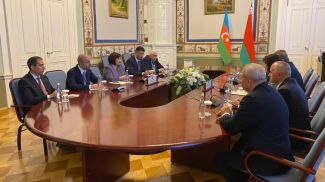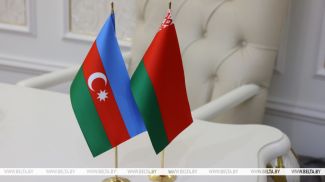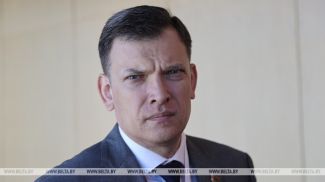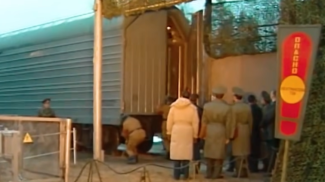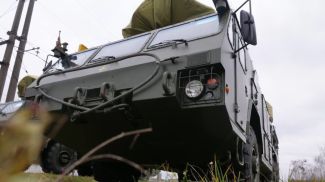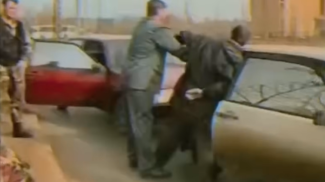MINSK, 23 April (BelTA) – The conspiracy and the new configuration of forces near Belarus' borders pose an unprecedented challenge for the Belarusian statehood and sovereignty, reflecting the main trends in international politics in the region, Aleksei Dzermant, a political analyst and a researcher at the Institute of Philosophy of the National Academy of Sciences of Belarus, told the SB. Belarus Segodnya newspaper.
“Naturally, we need to respond to this by strengthening the integration with Russia, especially in defense, and strategic partnership with China, since our opponents treat all of us the same and see us as an enemy. At the same time, Eastern Europe is becoming one of the key battlegrounds for intelligence agencies, corporations and structures of influence. This trend is unlikely to go away in the next few years, as Western countries are too concerned about the possible loss of technological and therefore economic and geopolitical leadership in the world. That is why the United States, Britain and their allies in Europe are taking increasingly tough and irresponsible actions that pose a direct threat to our national interests,” the analyst said.
Aleksei Dzermant believes that in such a situation one should not succumb to pressure, one should fight back, and, if possible, retaliate, making it clear that damage can be inflicted on the other side, too. However, the most important thing is to strengthen Belarus' own identity, tap into new development factors and build the country's own security architecture, which has to be reckoned with.
According to the expert, the post-coronavirus world is a world of predatory redistribution of spheres of influence, this is what is going on in the region, where the battle continues not so much for Donbass, Crimea or Ukraine, but for opportunities to gain a foothold in the world of the future, in the world of new technologies and humankind.
“However, in order to have a chance in this world, it is necessary at least to survive and go on. We have entered a new cold war and we can survive it by learning the lessons of the previous cold war: we should not scatter forces or allow ideological exaltation, instead, we should develop a long-term strategy, rely on cooperation with new leaders and retain our own statehood, no matter what. The recipes are simple, but they will help us make a gradual transition and retain a decent place in history,” the expert concluded.




